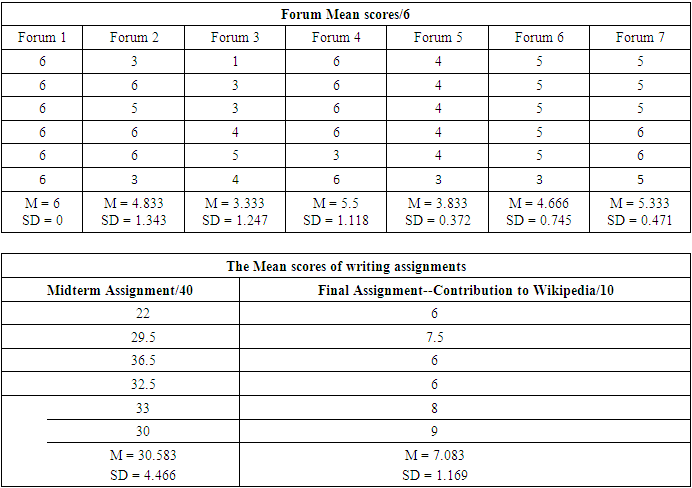-
Paper Information
- Paper Submission
-
Journal Information
- About This Journal
- Editorial Board
- Current Issue
- Archive
- Author Guidelines
- Contact Us
Journal of Applied Linguistics and Language Learning
p-ISSN: 2471-7401 e-ISSN: 2471-741X
2023; 6(2): 27-42
doi:10.5923/j.jalll.20230602.01
Received: Jul. 17, 2023; Accepted: Jul. 31, 2023; Published: Aug. 12, 2023

The Effectiveness of a Service Project on Undergraduate Students’ Self-Satisfaction, Academic Performance, and Broader Professional Plans
Negin Rezghi
Department of Education, University of Oxford, Oxford, England, United Kingdom
Correspondence to: Negin Rezghi, Department of Education, University of Oxford, Oxford, England, United Kingdom.
| Email: |  |
Copyright © 2023 The Author(s). Published by Scientific & Academic Publishing.
This work is licensed under the Creative Commons Attribution International License (CC BY).
http://creativecommons.org/licenses/by/4.0/

In English teaching and learning area, student success, including student motivation or academic progress in the class, and the ways teachers and other educational stakeholders can contribute to it has been under debate. The rationale for this “graduating senior students” study is to learn if the addition of a service project or explicit attention to professional preparation enhances student success. The participants included 12 cases (6 pre-graduating students of Literary Criticism class and 6 pre-graduating computer engineering students in a non-profit university in Iran). Throughout this study, students’ self-perceptions and reported particular daily behaviors have been tested through various assessment tools. The research findings indicate that getting involved with a service project could have some positive impact on students’ self-satisfaction, academic practice, and life choices.
Keywords: Community Service-Learning, Civic Engagement, Student Success, Contribution to Wikipedia, English Proficiency
Cite this paper: Negin Rezghi, The Effectiveness of a Service Project on Undergraduate Students’ Self-Satisfaction, Academic Performance, and Broader Professional Plans, Journal of Applied Linguistics and Language Learning, Vol. 6 No. 2, 2023, pp. 27-42. doi: 10.5923/j.jalll.20230602.01.
Article Outline
1. Introduction
- There have been several research projects from a sociological perspective seeking to explore volunteer motivations to involve in service-learning as transferring content knowledge to someone. A number of studies claimed that the majority of freshmen were altruistically-motivated students (Christensen, Stritch, Kellough, & Brewer, 2015) and minority students (Pearl & Christensen, 2016) were not only more knowledgeable of service-learning upon entering college. Most studies employed the Volunteer Functions Inventory (VFI, Clary et al., 1998), a validated and widely-used instrument originally designed to understand the motivations for general motivations for volunteering behavior, to measure the extent to which student traits are correlated with various motivations to participate in service-learning. Eyler et al. (2001) stated that students’ personal, social, learning, and career development, as well as their higher education institutions are positively connected to the critical reflection activities framed and utilized in the course by their instructors (Einfeld & Collins, 2008). Yet, there have been very few studies which are aimed at exploring the motivations specifically of college students toward service in the words of students. This research project will provide information regarding how to help the general population of senior college students to achieve greater levels of success in their education.
2. Literature Review
- At the college level, “student success”, as a concept, occurs in a longitudinal process. In a report focusing on the ways in which college affects students, student success has been defined as a term which encompasses other concepts, beginning with college readiness, moving on to college enrollment, college achievement, and culminates in post-graduate and professional experiences (Perna and Tomas, 2006). In order to achieve student success, contrary to common pedagogical methods, service-learning has not ever been at central focus. However, some studies have been done to investigate the impacts of a service-learning project on students. For instance, Chesbrough (2011), a mixed methods study intended to increase the understanding of students’ motivations in their first years of college towards service-learning. Researchers have found service involvement during college useful to contribute to student’s academic development, life skills development, civic responsibility, and physical and emotional well-being. One of the conclusions of Chesbrough’s study which is relevant to this research is that there is no difference in students’ motivation to involve with service programs and learning outcomes based on year in college or amount of service that they performed. In fact, I have conducted my study on senior university students. So, based on Chesbrough’s research findings, I can expand the results of motivation testing to junior and first year students as well.To investigate the causes of motivation, a qualitative study was designed by Marie Hefley in Texas Tech University that collected data from 79 agricultural students regarding their opinions of the service-learning experience, their interactions with their client, and their evaluation of the course content. During the study, students reported a positive attitude towards the service-learning experience; they reported that they enjoyed the hands-on experience that is probably applicable to their future professional communications as the service-learning project helped them improve their communication and leadership skills. So, such a service-learning experience helped students improve socially and academically.Nevertheless, Hefley (2012) deduced that further research should be done to gain a deeper understanding of student perspectives. One part of the present study is to investigate the effectiveness of a service project on students’ life choices. A relevant study was Boss (1994) that worked with ethics students and engaged them in community service work as part of their course requirement. In this study, moral reasoning was defined as the "process by which a person arrives at a judgment of what is the moral thing to do in a moral dilemma" (Rest, 1990, p 18). One class served as the experimental group and the other as the control group. Both groups completed the Defining Issues Test (DIT) (Rest, 1987) at the beginning of the end of semester. The analysis of t-test results indicated that the scores on the DIT test and other variables such as age, gender, class (experimental or control group) and previous involvement in community service work indicated that on the post-test, students in the experimental group made significantly greater gains in their DIT scores than did those in the control group (p < 0.5). Dewey (1939) and Kohlberg (1971) had also stated that confronting moral issues, especially in the out-of-classroom environment, is important for moral development. In addition to ethics, in the current research project, I will also investigate if the service project can have impact on students’ life choices and academic progress as well, which will determine their professional future.Doménech-Betoret et al. (2017) also explored the motivational mechanism that mediates the relationship between self-efficacy and academic achievement of students. In their study, self-efficacy was defined as “an individual’s belief in his or her own ability to organize and implement action to produce the desired achievements and results” (Bandura, 1997, p 3). The results indicated that students' expectancy-value beliefs, i.e., subject value, process expectancy, achievement expectancy, and cost expectancy (Atkinson, 1964), meditated academic self-efficacy and the achievement or satisfaction of students.Perveen et al. (2021) is a more recent quantitative study that was conducted to investigate the relationship among self-satisfaction, self-esteem, and academic performance of university students. 575 participants contributed to this study, and in three different universities in Pakistan. Data was collected through Likert-scale surveys, including a self-esteem scale, initially developed by Rosenberg (1965), a life satisfaction scale developed by Gilligan and Huebner (2002), and academic performance scale, developed by the researchers. The findings demonstrated that there is a strong relationship between university students’ life satisfaction and their academic performance, specifically in assignments and classroom tasks. Thus, the study claims that when students have self-respect and are also satisfied with their lives, they are more likely to have high academic achievements as well. The results of Perveen et al. (2021) also conform to those of Duffy et al. (2012), who found that there is a significant relationship between college students’ life satisfaction and their educational engagements. In the current study, the intervention is a service project, that is determined to have potential effects on students’ self-satisfaction, academic performance, and their professional plans. According to the findings explained above, if the service project had positive impact on one of the variables, students’ self-satisfaction or academic performance, the other variable could also be presumed to improve. In addition to academic and social improvement, using online or community service work can affect students’ ethics so they will be well-prepared to cope with ordinary life experiences after their graduation. Similarly, Eyler et al. (2001) summarized the findings of service-learning research at both two- and four-year institutions. The review suggested that service-learning has a positive impact on numerous personal, social, learning, career, institutional, and faculty outcomes.A number of studies like Berson and Younkin (1998) had proposed that when service-learning is offered as a course option and student participation is voluntary, it might be difficult to figure out whether the positive results and gains are due to the student initiative and motivation, or are truly an effect of the treatment. Nonetheless, scholars widely agree that community service has a positive impact on students’ personal, social, ethical, and academic domains (e.g., Stukas et al., 1999; Hooghe, 2003; Seider et al., 2011).Furthermore, association with service-learning has proven to help students clarify career goals (Yoa, 2008), develop civic responsibility (Astin & Sax, 1998), and self-efficacy (Vogelgesang & Astin, 2000).To investigate the impact of the service-learning component from the faculty’s perspective, Berson and Younkin relied on two traditional measures of student success, which are attendance and grades obtained from the college records. Yet, students’ satisfaction of the course content was measured through a post-test administered to them at the end of semester. The results indicated that students who participated in a class in which service-learning was the course requirement achieved higher final grades. Also, the reports of surveys concerning satisfaction with the course confirm that students who involved with the service-learning program gave higher ratings to the surveys. In sum, based on what has been researched on the impacts of service-learning on college students, there is no difference in students’ motivation to involve with service programs and learning outcomes based on year in college or amount of service that they performed. Also, it has been explored and reported that online or community service work can affect students’ ethics so they will be well-prepared to cope with ordinary life experiences after their graduation (e.g. Afzal, 2020). So, it has become clear that there is a need for service-learning alongside common pedagogical methods in university courses, but further research should be done to gain a deeper understanding of student perspectives. This study particularly focuses on exploring differences in student perspectives before and after involving in a service-learning project to gain deeper understanding of the impact a service-learning program can have on students’ self-assessment.
3. Methodology
- The participants of this study are 6 pre-graduating students, studying Literary Criticism in a non-profit university in Iran, who have received the study component, which is contribution to a Wikipedia page that is considered as the service project. There was also a control group, 6 pre-graduating computer engineering students, who did not receive the intervention but completed the questionnaires. The participants in the testing group were justified in a separate online meeting what exactly is the intention to contribute to a Wikipedia page, which is contributing to Wikipedia's growing information about Iranian culture, literature, and film. Accordingly, a number of forums were designed to help students understand the value of service so that their minds become well-prepared for the service project. Also, in order to accomplish the goal of this study, which is to study the effects of the addition of a service project in the final course or attention to pre-professional student success, I have established and ensured validity and reliability of the research findings by utilizing the following tools:a) The Diener self-satisfaction and subjective well-being scale (attached as the first part of the complete pre-test survey).b) Specific questions regarding study behaviors to provide data on students’ out-of-class academic habits (attached as the second part of the pre-test survey).c) Specific questions regarding student life choices and behaviors to provide data on students’ out-of-class life choices and habits (attached as the third part of the pre-test survey).d) Overall average course grade of the students in each section (including essays, forums, worksheets, etc.)e) Finally, since the central focus on student success that has been further demonstrated in the student essays and worksheets, select student essays and worksheets (from those students who have provided their consent) has been reviewed, analyzed, and topically coded for qualitative insights and findings.The bullets (a-d) are the quantitative methods and the bullet (e) is the qualitative method of this study. Also, pre- and post-test surveys have been administrated to the students to assess self-esteem, motivation, maturation, and behaviors conducive to overall student success.*Note that the pre-test and post-test surveys are designed in English because the testing groups are pre-graduating students whose English proficiency is high enough to understand the survey questions. Besides, I have strived to write using Basic English words. Computer Engineering students also surely have passed the compulsory EFL courses throughout their higher education, which can assure their English is good enough to understand the surveys well.Over the course of this study, writing assignments and worksheets focused on aspects of “student success” were completed by the students over the course of the semester as part of their required coursework. This written work has provided coded quantitative as well as anecdotal qualitative support to further assess elements of their acclimation to the university and overall success as the university students.It is essential to mention that the students have received a separate informed consent specifying that their written assignments in the class will be used for the research for select anecdotal support for the larger study. Students were told that their written work is required for class, but optional for use in the research study. Each student had the opportunity to give their consent and agree to include their essays and worksheets as parts of this research project.As for the qualitative part of the research project, I have incorporated analysis of students’ written works, including the forums, written assignments, and the main project, which is contribution to a Wikipedia page, into the study as well. The forums were designed in a way to investigate students’ willingness to give service and their performance while being asked to contribute to each other’s understanding of the reading materials.
4. Results
4.1. Forum Assignments
- Analysis of “Getting to Know Each Other” Forum“Getting to Know Each Other” forum inquired students to choose two quotations, one from a religious source, and the other form a non-religious source. Almost all of students’ answers refer to being kind to one another and rendering the fellowmen any feasible service because all human beings are equal in their basic rights. It is through giving service that human beings will be able to make all countries around the world like one country, in which there exists unity among all human beings.This research project is mainly focusing on a service project in the final course. It appears that all the students of Literary Criticism class are well prepared to accomplish this project as the quotes they have selected, which show their short-term and long-term life goals, mostly refer to the topics of love, unity, service, and oneness of mankind.Analysis of “Help Each Other Understand the Text” ForumThis forum asked students to study the assigned texts, post their questions from the content so other students could provide the answer for them helping each other figure out the meaning. Inside the forum instructions, students were told that the more correct they were in finding out the answer to their friends' questions, the better they were performing in the forum.In such a cooperative task, students contributed to the forum well and every question received comprehensive answers. In addition to providing facts from literary works, students also incorporated their own opinion into their responses. Some students asked their friends to comment on their posts and say if they agree with the interpretations being shared. When a certain topic is investigated from various perspectives, more hidden layers of content were likely to be explored, which could lead to deeper understanding. The methodology of appointing students as peer-learning facilitators (which can be taken into account as service tasks per-se) appear to foster critical thinking and good consultation in students.Analysis of “Orality and Textuality--with Implications for Meaning” ForumThe assignment for this Forum is to find one other passage that can help us understand the hermeneutical process more clearly--and note that this involves words and meaning regardless of whether they are oral or written.The responses indicated that according to the students, one should be careful about the impact his/her words can have on others. The responses also connote the concepts of peace, unity, and friendship as a result of honest and truthful way of using words in one’s utterance.So, choice of words, tone, and word structuring is very important if one tends to transfer information to another. Students also believed that an effective utterance can “help create a united atmosphere,” which suggests that they have found contributing to the enhancement of knowledge in the world as a service that will eventually lead to the unity of mankind.Analysis of “Wikipedia Explore” ForumIn this forum, students were asked to explore Wikipedia and share one of the points they understood (based on their exploration there) about how it works. The purpose was to prepare students for the main Wikipedia project they were supposed to accomplish as their last assignment for this course. The Wikipedia has been chosen as a global community that students can contribute to. As contribution exists in the essence of Wikipedia, the forum assignments helped students to collectively start understanding it.Analysis of “Psychological, Marxist, and Feminist Forms of Literary Criticism” ForumIn response to this forum, students were supposed to use the critical terms from psychological, Marxist, and feminist approaches. Some answers indicate that students have understood the terms well as the terms are used correctly in the selected contexts. Nevertheless, a few students needed to reconsider their responses. To attain a deeper understanding of what the forum demands, the instructor asked some questions to guide them or inform them that they have misunderstood or missed some parts in their answers. The replies, thereafter, indicated that students understood the literary terms well that they were able to use them properly in meaningful contexts.Analysis on “Envisioning a world beyond the structures of the past” ForumFollowing the purpose of the previous forum, students were asked to use critical terms from deconstructive critical terminology to provide a short interpretation of the world today and its great changes. In this forum, literary terms were used correctly, which suggests students studied the reading materials well. Indeed, they were preparing to write their assignments for contribution to the Wikipedia using these critical terminologies as well. Actual Contribution to WikipediaIn the final project, contributing to a Wikipedia page, most students actively contributed to Wikipedia. They had already sent their analyses of the literary works they had chosen as their midterm assignment. After receiving feedback from the instructor and revising their assignments, they individually worked with the instructor to be assisted well while contributing to a Wikipedia page.The scores to all activities which I have analyzed are given in Table 1, which proves students did relatively well in most assignments.
|
4.2. Report and Analysis of the Pre-Intervention and the Post-Intervention Questionnaires’ Results
- Primarily, I have analyzed the results of Diener Flourishing section, which includes questions 2 to 6. (Question 1 merely asks for the anonymous #ID that students have been provided for the survey for ensuring anonymity.) All questions ask students to choose from the provided Likert Scale the option which shows that to what extent they agree or disagree with the given statements.Key for pre- and post-test surveys:(Student Survey ID#) 1. What is the ID# that you have been provided for your survey? --------(Diener) 2. I lead a purposeful and meaningful life.(Diener) 3. My social relationships are supportive and rewarding.(Diener) 4. I am engaged and interested in my daily activities.(Diener) 5. I actively contribute to the happiness and well-being of others.(Diener) 6. I am competent and capable in the activities that are important to me.(Academic Practice) 7. I go to all of my scheduled online and in-person class sessions (required and optional)(Academic Practice) 8. I actively contribute to most of my online and in-person class sessions.(Academic Practice) 9. I usually spend 10 or less hours each week studying.(Academic Practice) 10. In my courses, I am usually not able to do all of the assigned readings.(Academic Practice) 11. When I study, I choose a place where I can focus and not be easily distracted.(Life Choices) 12. My high school well prepared to succeed in my first years of college.(Life Choices) 13. I try to schedule some quiet time each day (e.g., yoga, meditation, prayer, recreational reading, nature walks).(Life Choices) 14. While I have been a college student, I have gotten involved with online organizations for additional learning or professional opportunities (Unicef, OECD, LinkedIn).(Life Choices) 15. I am very happy with my life as a university student, socially and academically.In response to question number 2, the testing group indicated a significant improvement as in the pre-test survey, 50% of the participants strongly agreed that they lead a purposeful and meaningful life. But in the post-test survey 67% of students strongly agreed with this statement. With regards to the control group, in the pre-test, 67% of the participants strongly agreed with the question, but in the post-test, this percentage decreased to 16%. Although 67% percent agreed with it, but unlike the pre-test survey, they no more strongly agreed with the given statement. (See figures 1, 2, 3, 4).(Diener) 2. I lead a purposeful and meaningful life.
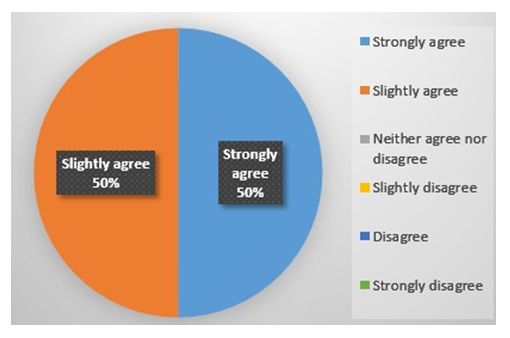 | Figure 1. The Pre-Test Responses of Literary Criticism Class |
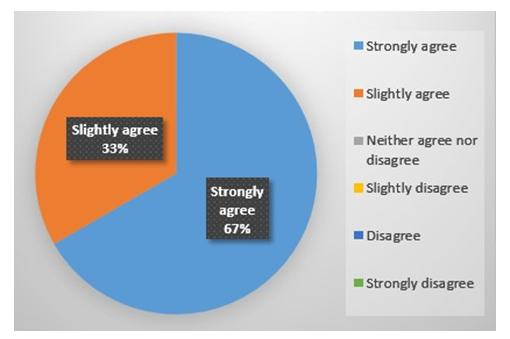 | Figure 2. The Post-Test Responses of Literary Criticism Class |
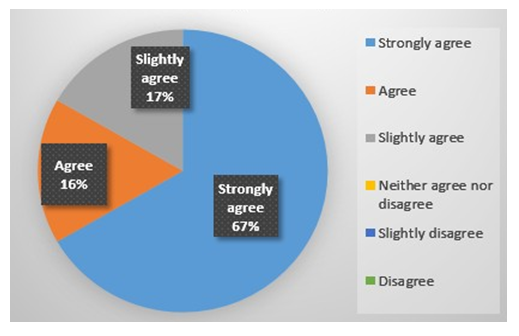 | Figure 3. The Pre-Test Responses of Computer Class |
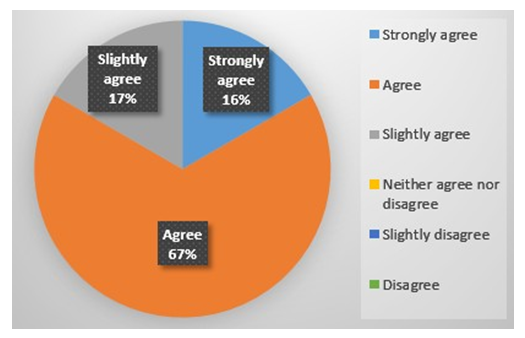 | Figure 4. The Post-Test Responses of Computer Class |
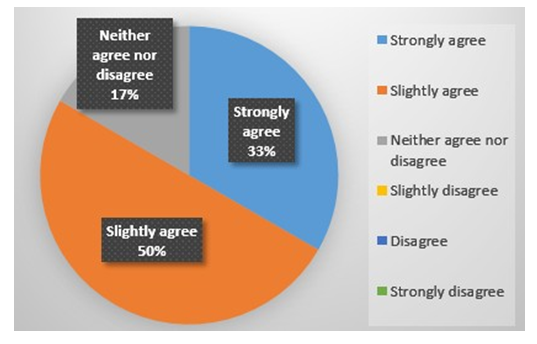 | Figure 5. The Pre-Test Responses of Literary Criticism Class |
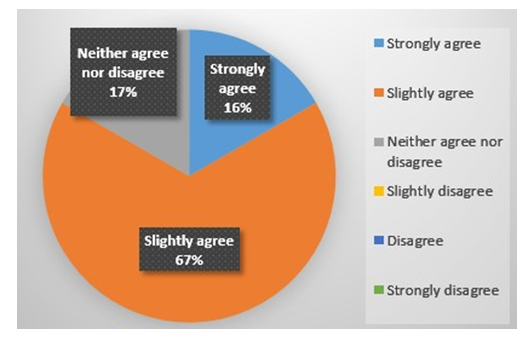 | Figure 6. The Post-Test Responses of Literary Criticism Class |
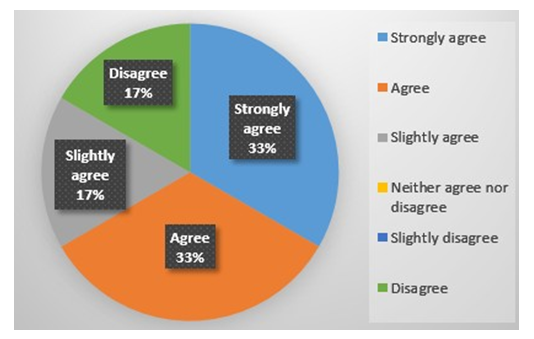 | Figure 7. The Pre-Test Responses of Computer Class |
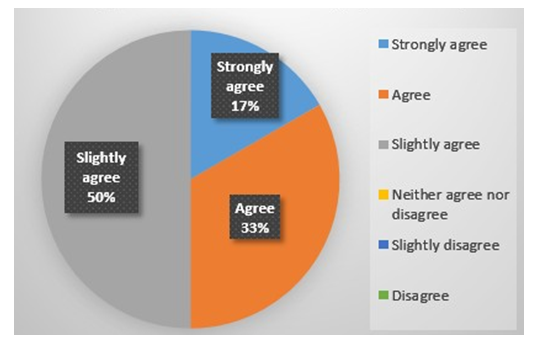 | Figure 8. The Post-Test Responses of Computer Class |
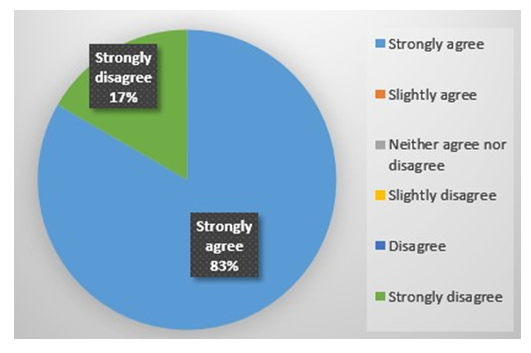 | Figure 9. The Pre-Test Responses of Literary Criticism Class |
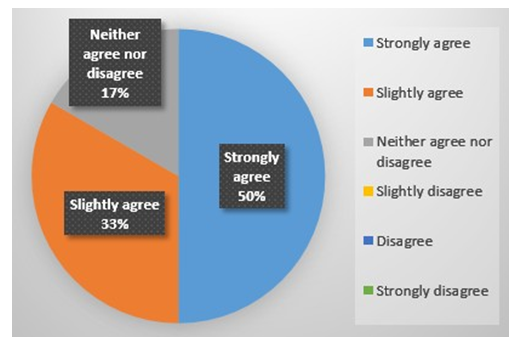 | Figure 10. The Post-Test Responses of Literary Criticism Class |
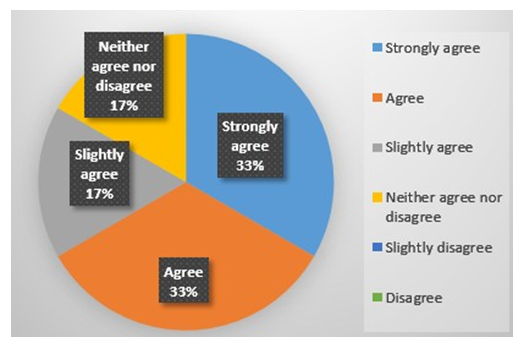 | Figure 11. The Pre-Test Responses of Computer Class |
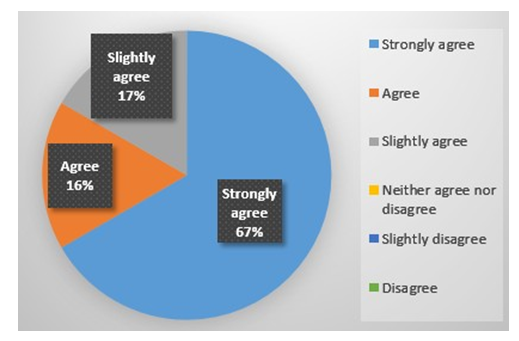 | Figure 12. The Post-Test Responses of Computer Class |
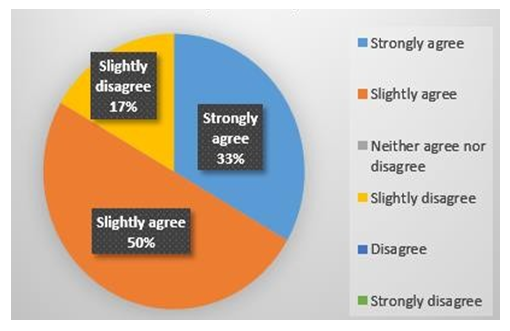 | Figure 13. The Pre-Test Responses of Literary Criticism Class |
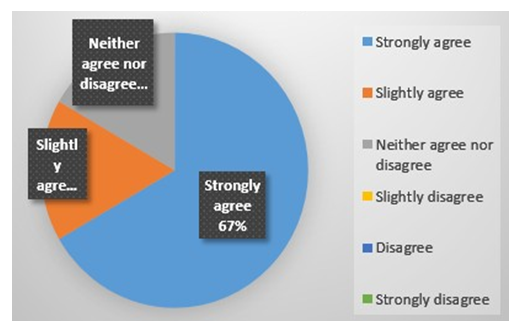 | Figure 14. The Post-Test Responses of Literary Criticism Class |
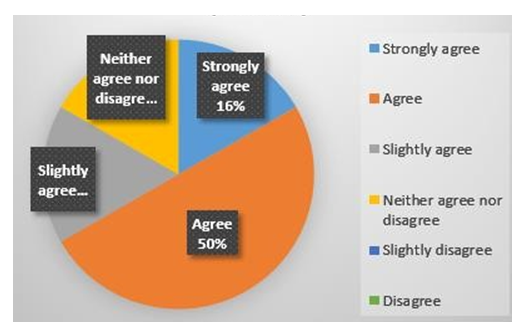 | Figure 15. The Pre-Test Responses of Computer Class |
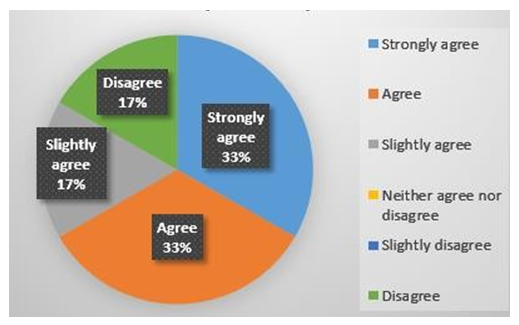 | Figure 16. The Post-Test Responses of Computer Class |
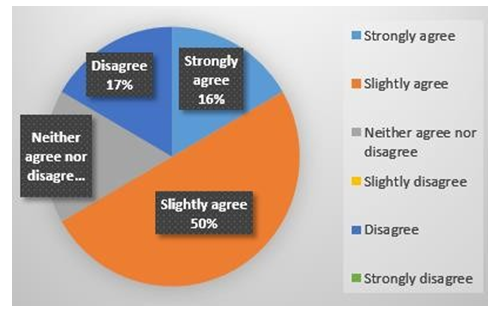 | Figure 17. The Pre-Test Responses of Literary Criticism Class |
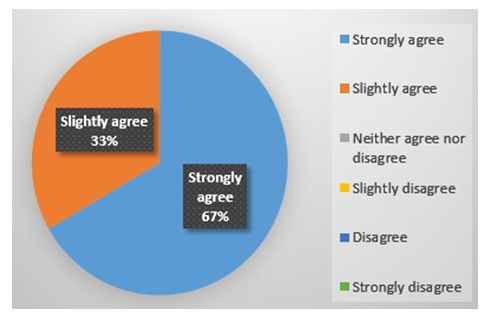 | Figure 18. The Post-Test Responses of Literary Criticism Class |
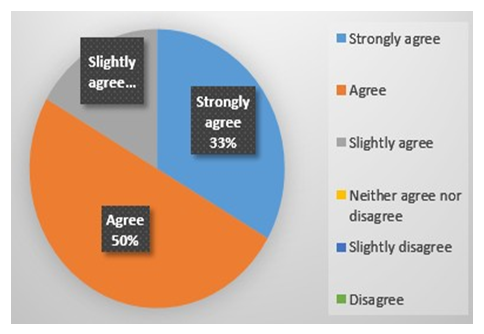 | Figure 19. The Pre-Test Responses of Computer Class |
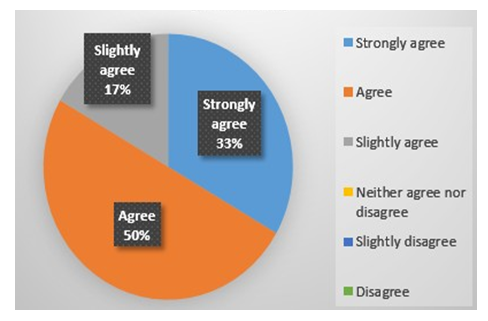 | Figure 20. The Post-Test Responses of Computer Class |
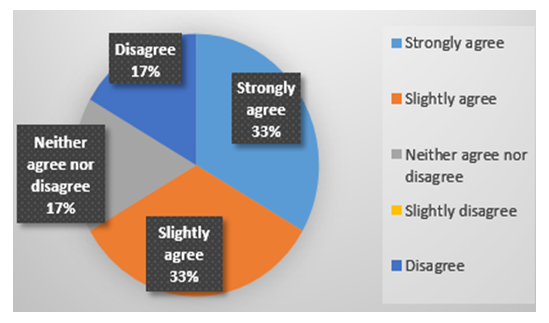 | Figure 21. The Pre-Test Responses of Literary Criticism Class |
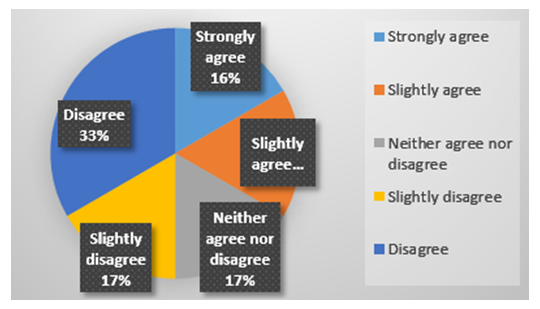 | Figure 22. The Post-Test Responses of Literary Criticism Class |
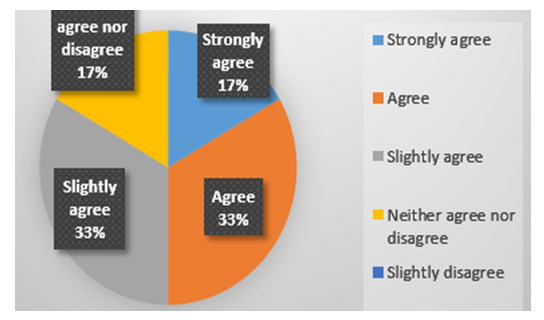 | Figure 23. The Pre-Test Responses of Computer Class |
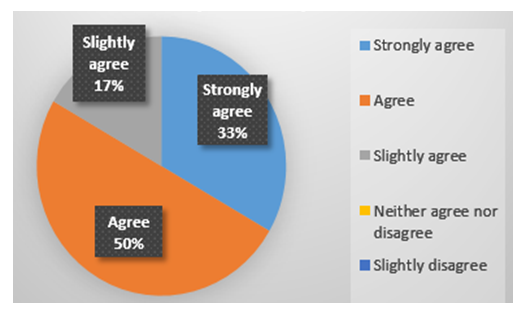 | Figure 24. The Post-Test Responses of Computer Class |
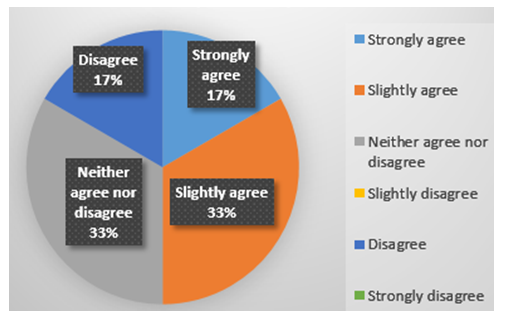 | Figure 25. The Pre-Test Responses of Literary Criticism Class |
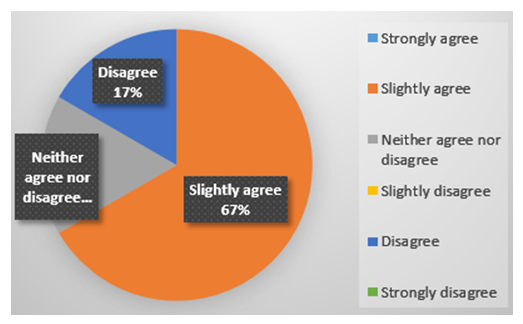 | Figure 26. The Post-Test Responses of Literary Criticism Class |
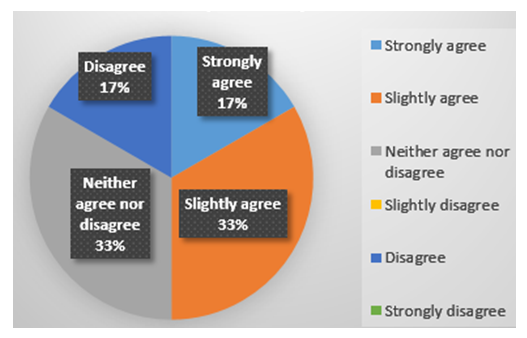 | Figure 27. The Pre-Test Responses of Computer Class |
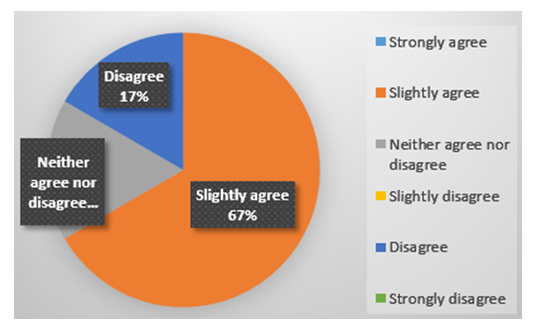 | Figure 28. The Post-Test Responses of Computer Class |
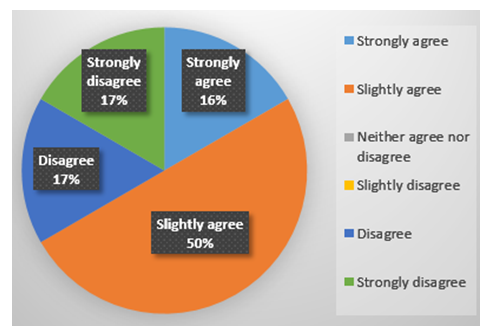 | Figure 29. The Pre-Test Responses of Literary Criticism Class |
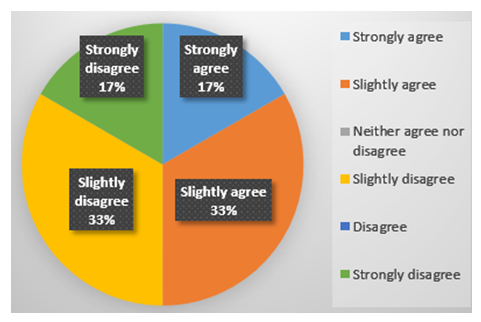 | Figure 30. The Post-Test Responses of Literary Criticism Class |
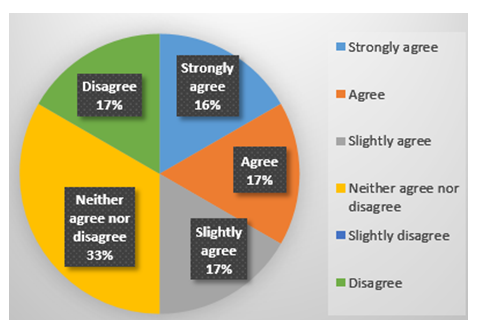 | Figure 31. The Pre-Test Responses of Computer Class |
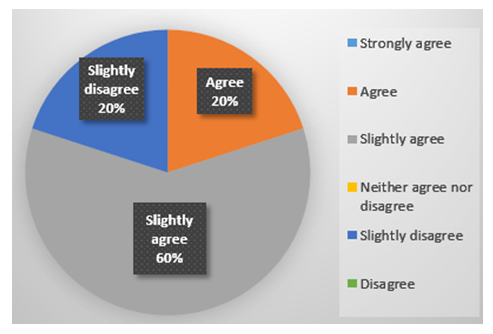 | Figure 32. The Post-Test Responses of Computer Class |
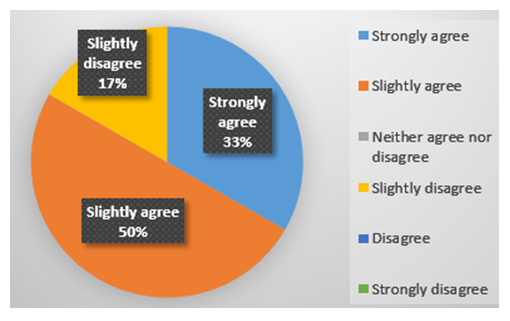 | Figure 33. The Pre-Test Responses of Literary Criticism Class |
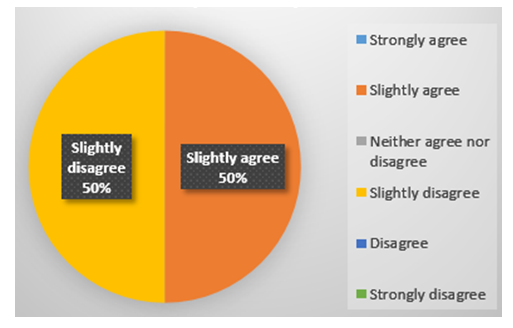 | Figure 34. The Post-Test Responses of Literary Criticism Class |
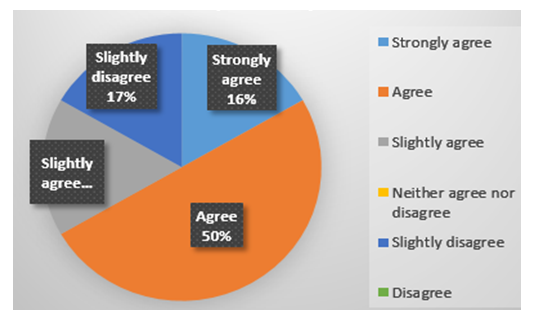 | Figure 35. The Pre-Test Responses of Computer Class |
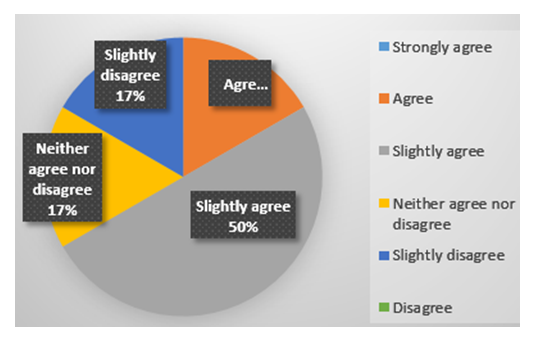 | Figure 36. The Post-Test Responses of Computer Class |
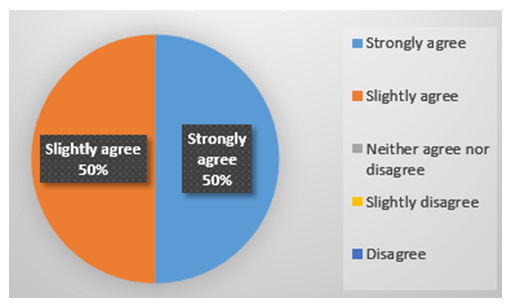 | Figure 37. The Pre-Test Responses of Literary Criticism Class |
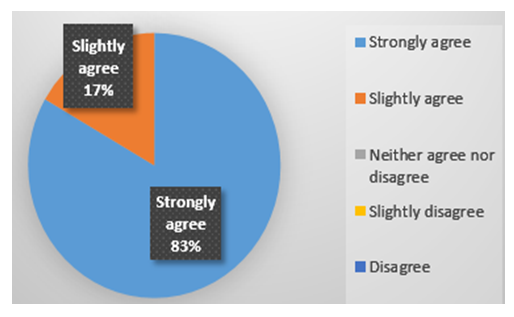 | Figure 38. The Post-Test Responses of Literary Literary Criticism Class |
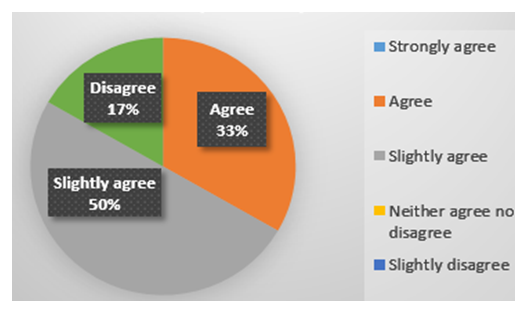 | Figure 39. The Pre-Test Responses of Computer Class |
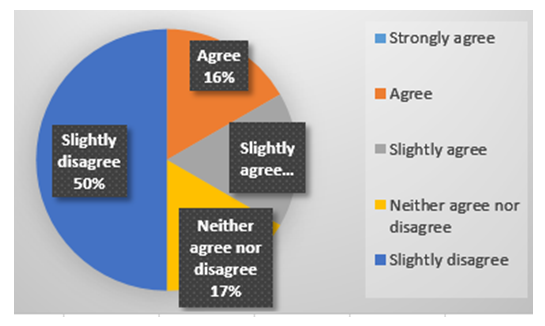 | Figure 40. The Post-Test Responses of Computer Class |
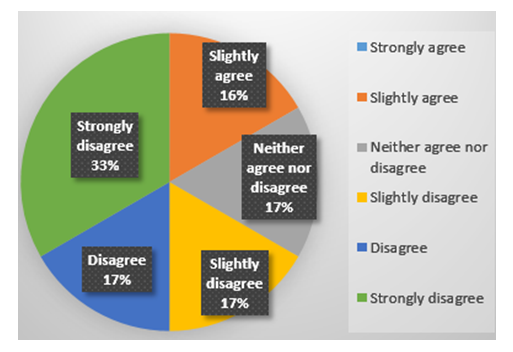 | Figure 41. The Pre-Test Responses of Literary Criticism Class |
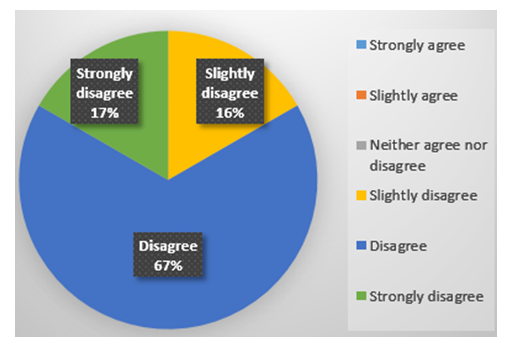 | Figure 42. The Post-Test Responses of Literary Literary Criticism Class |
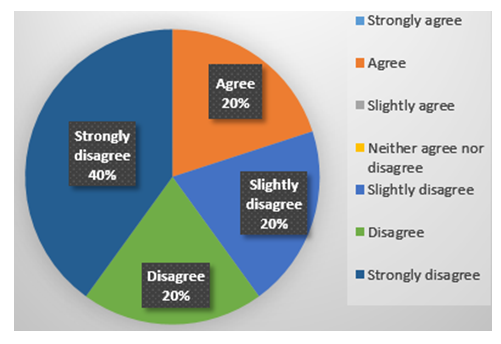 | Figure 43. The Pre-Test Responses of Computer Class |
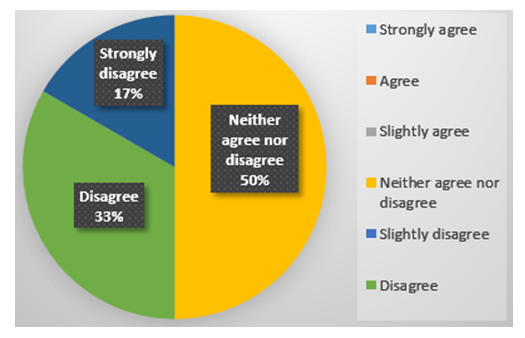 | Figure 44. The Post-Test Responses of Computer Class |
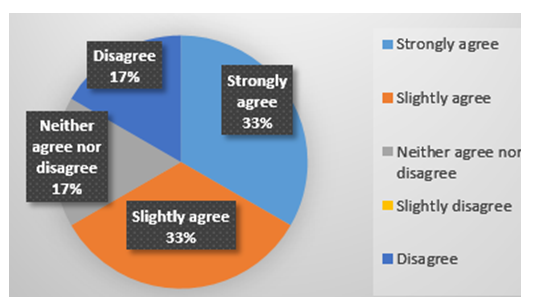 | Figure 45. The Pre-Test Responses of Literary Literary Criticism Class |
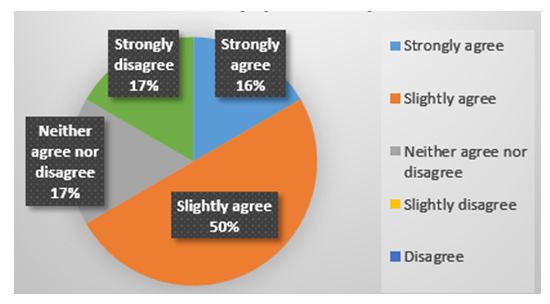 | Figure 46. The Post-Test Responses of Literary Criticism Class |
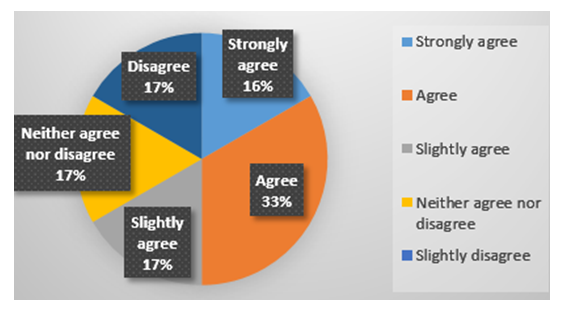 | Figure 47. The Pre-Test Responses of Computer Class |
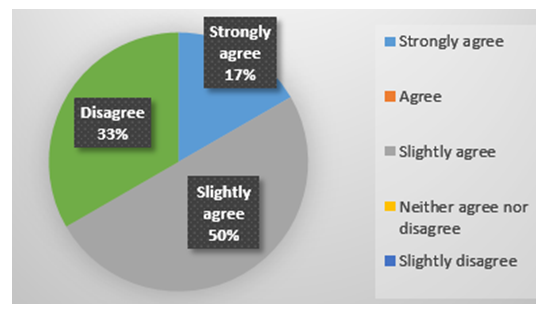 | Figure 48. The Post-Test Responses of Computer Class |
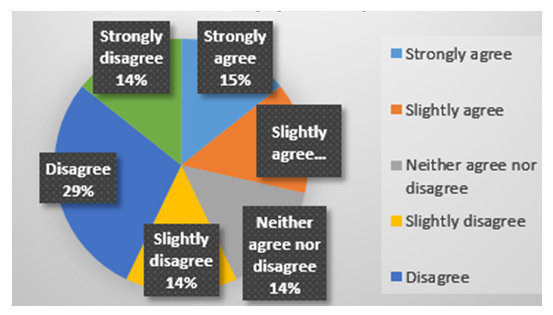 | Figure 49. The Pre-Test Responses of Literary Criticism Class |
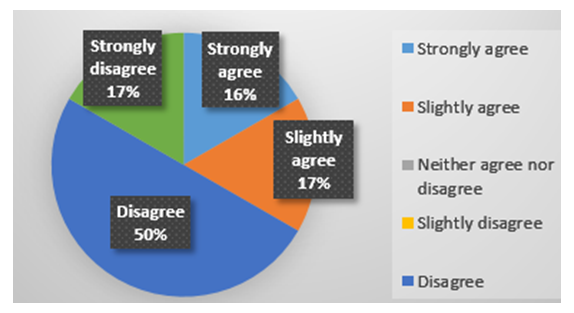 | Figure 50. The Post-Test Responses of Literary Literary Criticism Class |
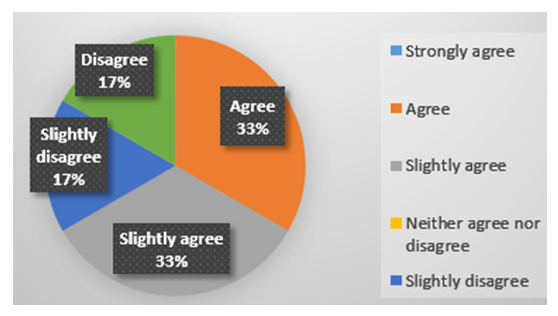 | Figure 51. The Pre-Test Responses of Computer Class |
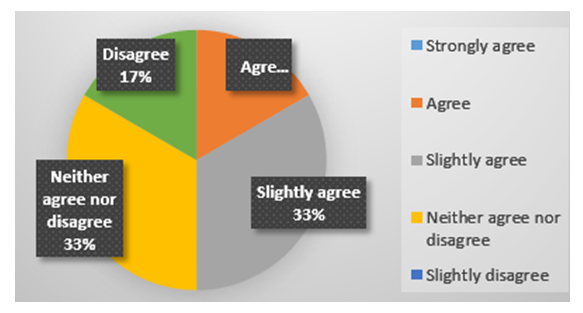 | Figure 52. The Post-Test Responses of Computer Class |
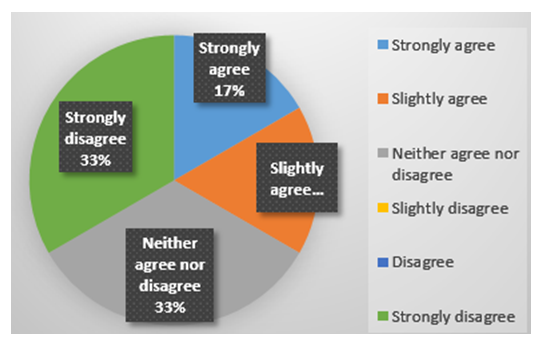 | Figure 53. The Pre-Test Responses of Literary Literary Criticism Class |
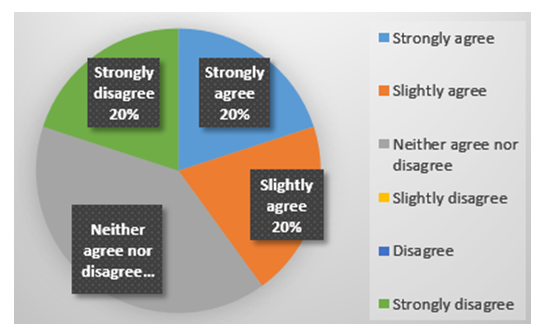 | Figure 54. The Post-Test Responses of Literary Criticism Class |
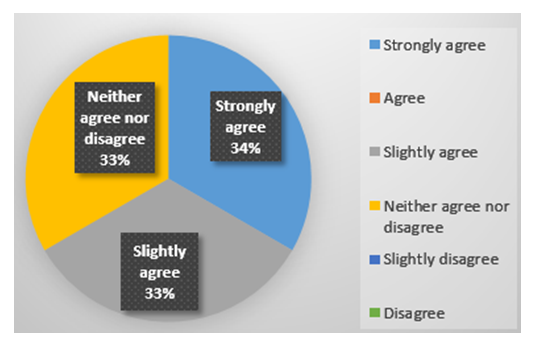 | Figure 55. The Pre-Test Responses of Computer Class |
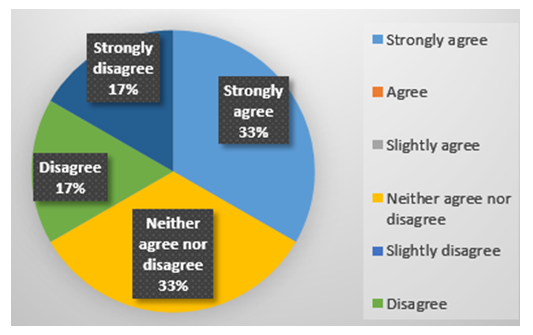 | Figure 56. The Post-Test Responses of Computer Class |
5. Discussion
5.1. Comparing Each Participant's Performance with Herself/Himself in the Pre-test and Post-test Surveys
- Comparing each participant’s responses to each question in the pre-test and post-test surveys, the students of Literary Criticism class seem to have had more improvements in Life Choices portion and in the Diener and Academic Practice portions, there were some improvements, but not as visible as Life Choices portion. It should be noted that when I say positive, I do not mean that they should have agreed to the given statement because some statements are negative, so if the student has disagreed with the given statement, it shows an improvement. Considering this, the overall average of positive responses in Literary Criticism class was 14.33, but for the control group, the average was 14.17. The negative responses or disimprovement average for both classes was 10.67. It seems that the service project has had impact on student’s self-satisfaction, academic choices, and mostly, their life choices so much so that as you can see in Table 1, the average of positive responses to Life Choices portion in Literary Criticism class is 4 while this average for the control group is 3.17. (See Table 2)
 | Table 2. Numeric Comparison of Individual Improvement or Disimprovement in the Two Classes |
6. Future Works
- What it seems is yet remained to be studied is how to find ways that first year college students or junior students can also be able to participate in projects that are service-oriented or are contributing to the world’s growing knowledge. Considering the fact that in order to contribute to online platforms like Wikipedia, a certain level of proficiency is needed for any major, it seems that other platforms or ways should be explored that enable first year and junior college students to put their knowledge into practice from the very beginning of their higher education so that the rate of student motivation in the first years of college also increases.
7. Conclusions
- This research project was designed to investigate whether the addition of a service project in a final course in the last year of undergraduate studies impact pre-professional student success at university (or not). The results of study indicate that addition of a service project in the final course of pre-graduating English students could have positive results on student satisfaction, academic practice, and life choices.
 Abstract
Abstract Reference
Reference Full-Text PDF
Full-Text PDF Full-text HTML
Full-text HTML